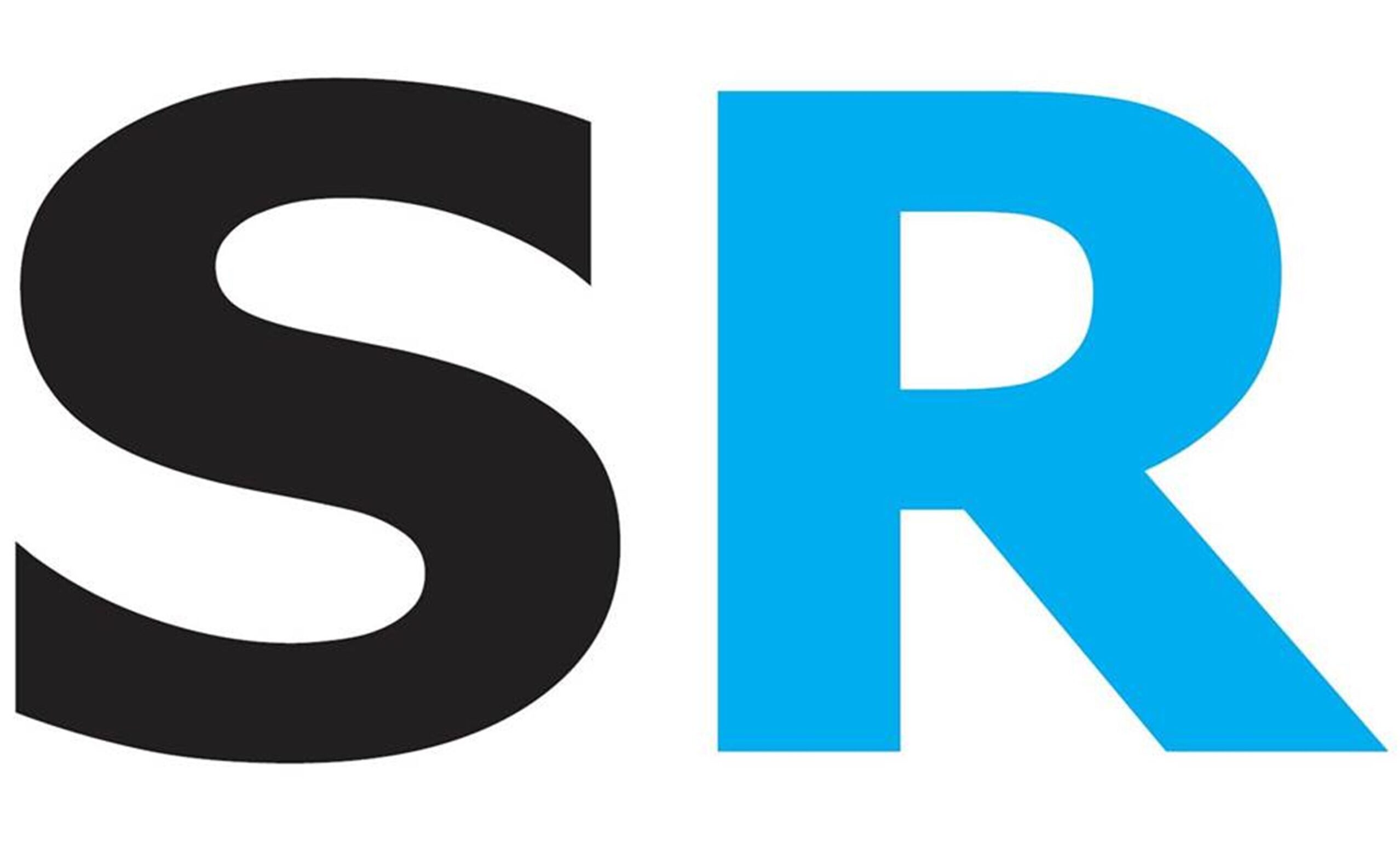The red flags of recruitment include spotting disinterested applicants. These applicants typically are looking for paychecks rather than career development opportunities.
Disinterested applicants might drop out of the recruitment process or stop communicating with you. Or, if these applicants were to get hired, they might not show up on Day 1. Or, they could start looking for other jobs soon after starting with your company.
Spotting disinterested applicants during the recruitment process saves time and money on hiring, onboarding, and training. As a result, you should know which red flags to look for. These tips can help.
Misalignment with Applicant’s Work Experience
Disinterested applicants’ work experience might overqualify them for the role. As a result, you should talk with the applicants about their motivations for the role.
For instance, an applicant might desire a lower-ranking role that involves less responsibility and stress. As a result, you should verify how serious the applicant is about the role before moving forward in the recruitment process.
Limited Applicant Communication
Most disinterested applicants do not promptly respond to your calls, emails, or texts during the recruitment process. They might wait for days to get back to you or not respond at all.
You can reach out to these applicants to ask whether they still are interested in the position or if something has changed. If you receive no response, focus on other applicants.
Applicant Failure to Research the Company
Interested applicants use the company’s website and social media pages, employer reviews, and online searches to research the organization and role. They look for information about the company structure, business operations, products or services, leadership team, culture, professional development opportunities, latest news, and other relevant details.
During interviews, interested applicants mention their findings and ask questions for further clarification. Gathering as much information as possible helps applicants decide whether the role and company are right for them.
Conversely, disinterested applicants do not research the company or role. Because they likely do not care about anything beyond income and benefits, they do not spend time learning about the organization. Spotting this red flag indicates you should move on to other applicants.
Lack of Applicant Questions
Interested candidates want to learn as much as possible about a role. Therefore, they ask questions about the role, culture, company, and other relevant details during interviews.
In contrast, disinterested candidates ask few or no questions about the company or role. For instance, they might ask about the income and benefits but no other details. If you see this red flag, you should move on to other applicants.
Would You Like Help with Talent Recruitment in NJ?
Staff Right Solutions can provide motivated candidates to help reach your New Jersey company’s goals. Reach out to learn more today.

